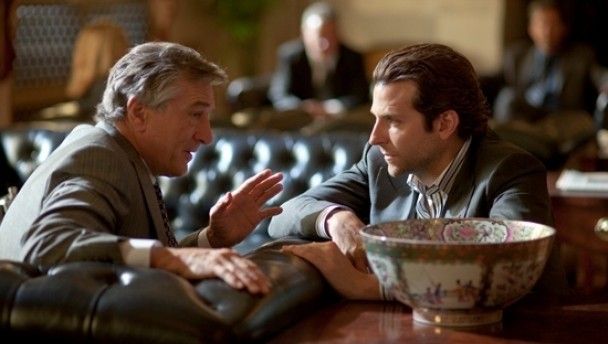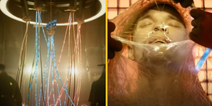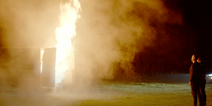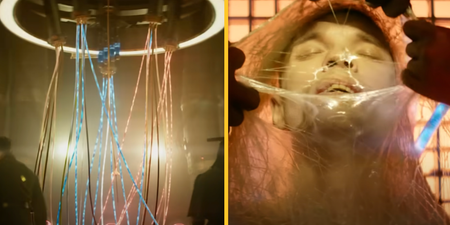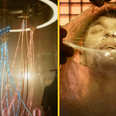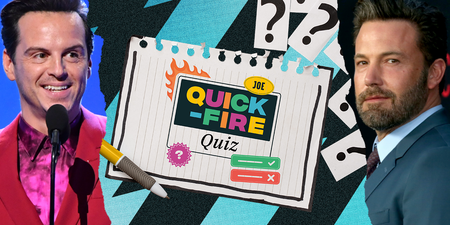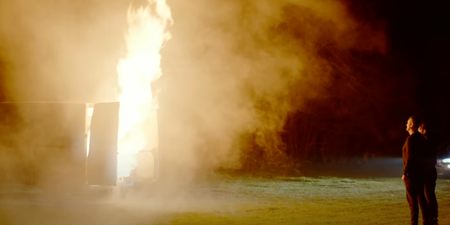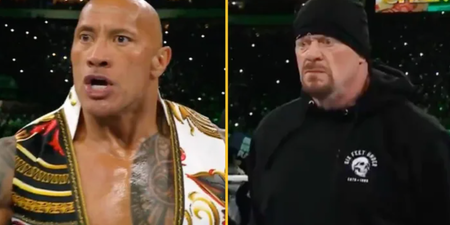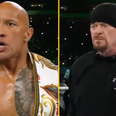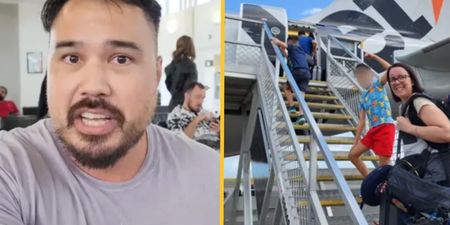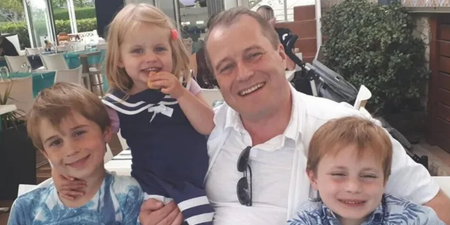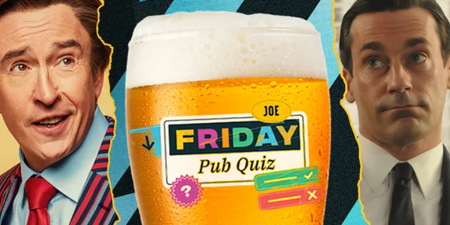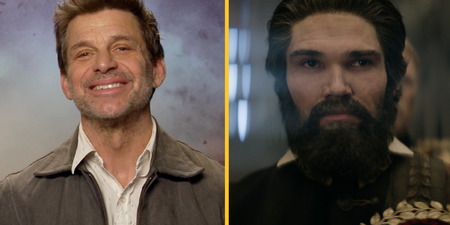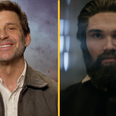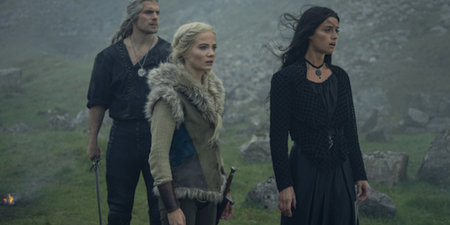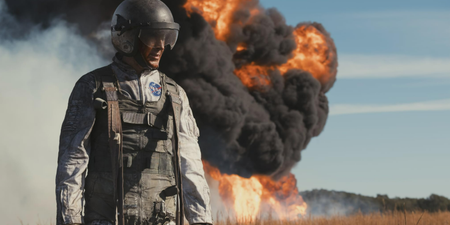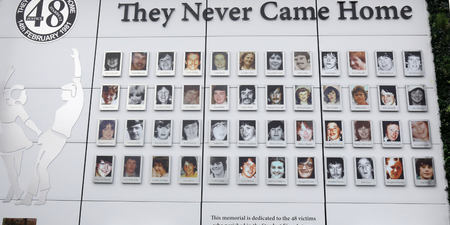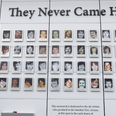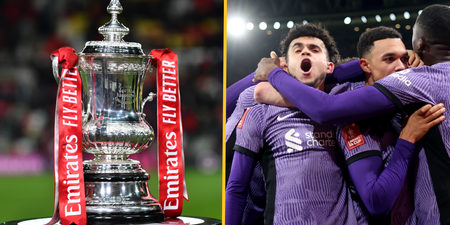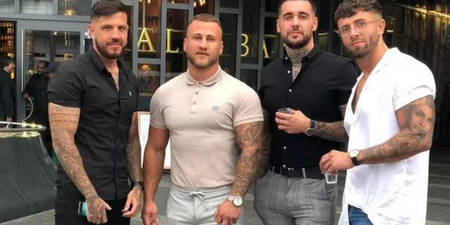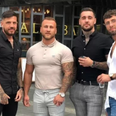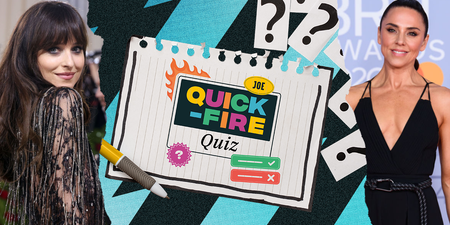Ahead of this weekend’s Bradley Cooper and Robert De Niro-starring release, we spoke to The Dark Fields author Alan Glynn on the ten-year struggle to bring Limitless to the silver screen, supposed ‘hissy fits’ and his advice for young writers.
Opening in Irish cinemas this weekend, Limitless stars The Hangover‘s Bradley Cooper as an unpublished writer whose life is transformed by a top-secret drug that allows him to use 100% of his brain’s capabilities and become the perfect version of himself.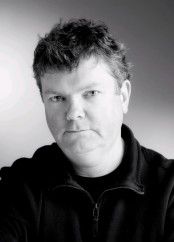
With a top class cast that includes Robert De Niro and Abbie Cornish, director Neil Burger’s thriller topped the US box office last weekend, taking $18.9m in its first three days. Limitless also has a surprising backstory – the movie is adapted from Dublin author Alan Glynn’s 2001 novel, The Dark Fields.
We spoke with the writer on the struggle for his work to make it to the silver screen in the intervening ten years, Shia Labeouf’s earlier involvement and Glynn’s advice for young writers looking to emulate his success.
JOE: The first thing I have to say is that congratulations are in order – Limitless has got brilliant reviews and went top of the US box office. I imagine you were watching the box office returns as they came in this weekend. Were you kept in constant contact about that?
Alan Glynn: Well I followed them online because I was aware that that’s how it works, the opening weekend is the big thing. I wouldn’t have been too aware of that before but from talking to the producers, they’re very, very conscious of that.
I just started following it and before last weekend, they really didn’t know what was going to happen, it was an open race. They had Limitless, there was The Lincoln Lawyer, Paul and a few holdovers from last week, so they genuinely didn’t know what was going to happen. So they were very happy that we won.
JOE: So you wrote the book that Limitless is based on, The Dark Fields, back in 2001 and you’ve since written Winterland and began to raise a family. It’s been ten years now since the book was first optioned, is it possible to give us the cliff notes of the past decade?
AG: [Laughs] It’s a long time, isn’t it? One of the producers was telling me that ten years, for him, was normal. It’s the financing that takes time and then getting a director and a star together.
It’s all in sync and if one of those elements falls out of place then the whole thing falls apart and you’re back to square one. And that’s basically what happened several times over the course of ten years. They were trying to get it together, they’d almost have it and then something would fall out of place and the whole thing’s gone.
For example, two years ago Shia LaBeouf was signed on to play the part of Eddie (Bradley Cooper) in the movie. He actually signed, all the contracts were done and it was going ahead and then he had a little car accident at 2am. Somebody ran a red light in front of him and he really crushed his hand and as a result of that, it was delayed and then he pulled out.
So it fell apart and it was another year until it came together again. Before that there were a couple more close calls, so it was quite frustrating.
JOE: I suppose you must have been thinking at some points that the movie wasn’t ever going to come together…
AG: Absolutely, yeah. Leslie Dixon, who wrote the script and co-produced, kept me up to speed with what was going on the whole time. After ten years, that’s quite unusual – often, what would happen is that if you option a book to a company, that’s it, you don’t hear much more. Whereas with Leslie, because she’s a writer as well, she understood my position, so I was able to get a blow-by-blow account through all the ups and downs of what was going on.
JOE: Do you think the project would have ever reached the silver screen if Leslie hadn’t came on board?
AG: It might’ve gone a different direction. She was dogged in trying to make it and she pursued it for many years and I think it takes that, that kind of commitment from someone, to make it happen. Otherwise, it would’ve evaporated and I might’ve sold the rights to someone else and started the whole process, which could’ve taken years and years.
I was approached by a few smaller production companies to try and get the rights, but I stuck with Leslie. If for some reason she had given up and passed on to someone else, there’s no knowing how long that would’ve taken, or if it would’ve happened at all.
JOE: For an Irish writer, I suppose the book has an unusual subject, in that it’s very much an indictment of America’s medicated culture and so on…
AG: Yeah, it’s partly that, and that whole American theme of the reinvention of the self, the culture of the quick-fix. It is an American theme but I lived there for years, so that’s where it came plus, plus I’ve been saturated by American culture from the day you were born. That’s all in the head as well. My other book Winterland is very much an Irish-set book.
JOE: Can we expect a movie version of Winterland any time soon?
AG: There were a couple of approaches to do a RTE version of it, but they, for some bizarre or whatever reason, decided to pass up on it. I think it would make a great four-part TV series because the production values and the crews, actors and everything in Ireland are amazing and they could do a great job.
Maybe the timing wasn’t right but they turned it down and if they don’t do it, then I don’t think there’s much chance of anybody else. I think anyone else would need to be on board with RTE to get it made.
JOE: Well perhaps if they can say ‘From the writer of Limitless’, maybe that could help…
AG: Well, hopefully yeah. What I’m hoping for is that one, it’ll sell more copies as a book than it did first time around and second, maybe there might be further interest.
JOE: And what is it that you’re working on next?
AG: I’ve just finished working on a book called Bloodland, which is going to be published by Faber in September. It’s sort of like a sequel to Winterland but a broad, loose follow up to it. Some of the characters carry over but there’s new ones and it has a more international setting.
It’s a mixture and partly set in Italy as well, and I used to live in Italy, so I’m ticking off the various places I lived in [laughs]. It’s also set in the Congo, but I haven’t lived there so I’m branching out.
JOE: Moving back to The Dark Fields, I understand that you initially weren’t happy that the title had been changed to Limitless?
AG: Well, yeah… I don’t know if you saw the Newstalk website…
JOE: I did yeah… [Newstalk had used the headline ‘Irish writer has “hissy fit” over Limitless film’ after an interview with the author]
AG: That was ridiculous. In the interview she (Newstalk presenter Orla Barry) asked me about the change and I said that I’d thrown a “hissy fit”, it was just a throwaway remark.
JOE: I doubt you actually locked yourself in the toilet or anything like that.
AG: Exactly, it looked ridiculous – ‘‘Irish writer throws “hissy fit” – as if I’d thrown my toys out of the pram or something. When they (the studio heads) had suggested to change the title, I wasn’t happy, because I imagined they were going to keep the title and it was very late in the day that they changed it.
JOE: You wanted to protect as much of the original as possible.
AG: Exactly and the title of the book, The Dark Fields, comes from the last page of The Great Gatsby and speaks to certain themes that are in the book, whereas Limitless just seemed like a generic marketing dilution.
JOE: I suppose a Gatbsy reference might be a bit of a challenge for the marketing team.
AG: Yeah, I understood why they wanted to change it, I was just a little disappointed and I argued my case for it. They listened and producers wanted to keep it if they could, but in the end the title Limitless was decided on.
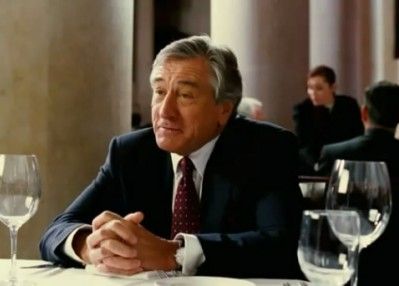
Alan describes Limitless star De Niro as a personal hero
I’m now used to it and having seen the movie, it works very well. After a while, the name takes on a life of its own. I’m perfectly happy with it now.
JOE: And what did you think of the adaptation yourself?
AG: I think it’s very good. It’s very close to the book in a lot of ways. Obviously there are some key differences, but that’s fine. I always knew there was going to be differences – certain characters are not in the book, the ending, the different direction they take it in, but that’s fine.
If you write a book and you say something, or you feel you say something thematically, to expect a movie to say the exact same thing is probably a bit foolish. It’s slightly different in some ways but it’s really true to the spirit of the book, the energy of the book. It’s very close to the book in a lot of ways, so I was very happy with it.
JOE: How does it feel to see a character that you created being played onscreen by Robert De Niro?
AG: It’s amazing, it really is. De Niro is a hero for me going way back and it’s a very strange experience. When I seen it shooting for the very first time in New York, just looking at it was strange, so weird. There are these ‘fractal zoom’ shots with De Niro and as I’m watching I’m thinking back to when they shot it, I’m thinking back to when I wrote that scene, what inspired me to write that scene. It was very satisfying.
JOE: Having your first book garner so much interest from Hollywood, has that changed your writing process in any way? Do you envision certain actors playing the characters that you’re writing about?
AG: No, not at all. I think anyone that’s written a book, a novel, would understand that that’s not how it works. If you start doing that, you’re doomed. Just in writing, if you’re trying to think what the market might be and you’re writing to the market, that’s not how it works.
The whole writing process for me starts in words, sentences, building up paragraphs – it’s a slow, painstaking process and it’s been like that ever since I was a kid. You don’t think of those things at all and in fact, even in the last two books, I think if I wanted to write them with an eye of making them into a movie, I certainly didn’t go about them the right way [laughs].
The Dark Fields is high concept, you can sell it in one sentence – that’s what Hollywood wants. Whereas Winterland and Bloodland are harder to sell in that respect. So if that’s what I was doing, I didn’t succeed in that way. You can’t go in with an agenda.
JOE: What advice would you have then for any writers looking to get their work recognised, or is that maybe not even the right way of thinking about it?
AG: What you want is to be read, you want the books to be read and sold. You can’t not think that but it’s a bloody tough market out there. It’s huge and very competitive. One thing you need is perseverance and the second, more practical thing is get an agent.
Without an agent, it’s almost impossible, it’s just down to luck. Getting an agent isn’t easy either but sending manuscripts to publishers, people don’t do that anymore. They just don’t look at them, so finding an agent is key.
JOE: That’s great stuff Alan, we really appreciate your time.
AG: Thanks a lot, take care.
Limitless is out now in Irish cinemas. Alan’s previous work, The Dark Fields and Winterland, are available from all good bookstores. Bloodland is to be published by Faber & Faber in September.
LISTEN: You Must Be Jokin’ with Aideen McQueen – Faith healers, Coolock craic and Gigging as Gaeilge
